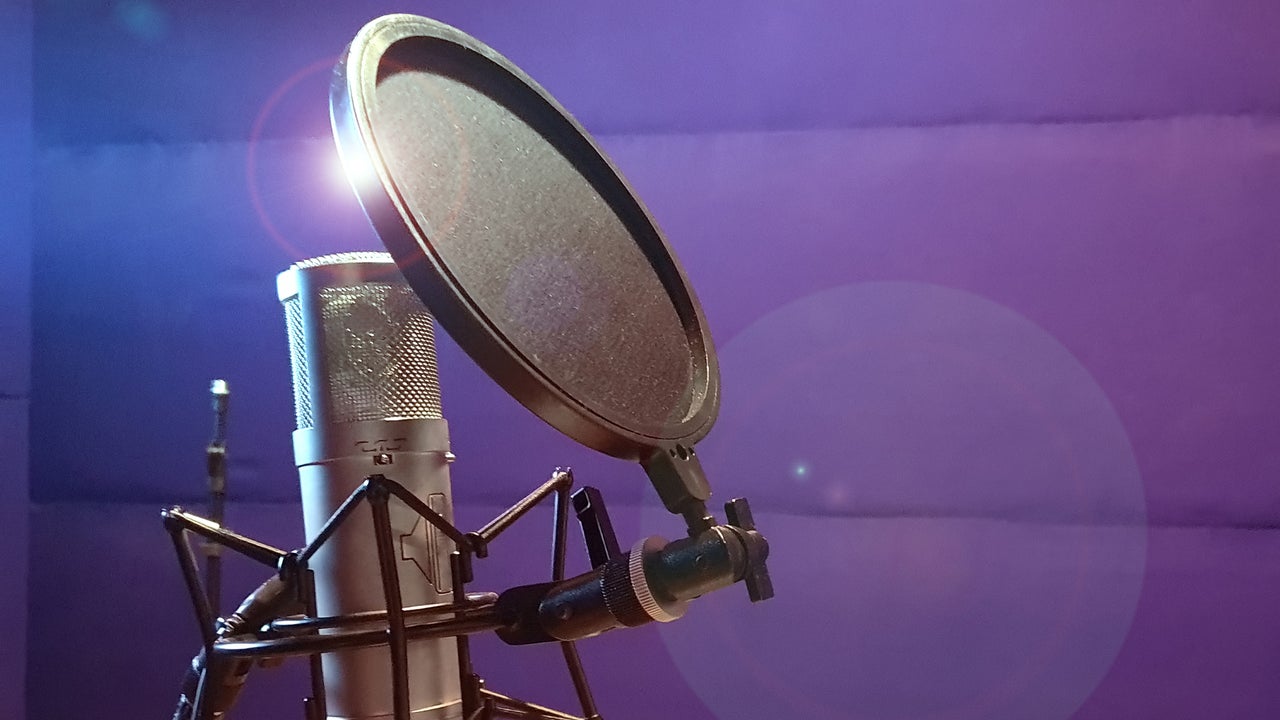Voice actress Cissy Jones first noticed a concerning trend around 2021 – unauthorized use of her voice, particularly from her roles in Disney’s Owl House and various video games, on different platforms without her permission or any form of compensation.
Reflecting on this issue, Jones expressed her initial shock and unease, realizing the increasing prevalence of artificial intelligence (AI) in replicating and utilizing actors’ voices. This rise of AI-generated voices has garnered significant attention, especially during recent Hollywood writers’ and actors’ strikes. Jones, known for her contributions to games like Life Is Strange, Starfield, and Baldur’s Gate 3, felt compelled to address this evolving landscape.
Acknowledging the inevitability of technological advancements, Jones emphasized the importance of active participation in shaping the dialogue surrounding AI’s impact on voice actors. Collaborating with fellow voice actors such as Tim Friedlander and the National Association of Voice Actors (NAVA), she spearheaded the development of a framework to empower voice actors in determining the use of their voices in AI applications. This initiative led to the creation of a waiver available on NAVA’s website and the subsequent establishment of Morpheme.ai.
As a co-founder and vice president of strategic partnerships at Morpheme, Jones advocates for the ethical integration of voiceover and artificial intelligence through the concept of creating a “digital double” of an actor with their explicit consent.
The process involves recording new data during a session with the actor, ensuring legal clarity and avoiding potential disputes. When a client intends to utilize an actor’s digital double, the actor is informed and given the choice to participate. Subsequently, the client compensates the actor through a generation fee, fostering a model based on the principles of compensation, consent, and transparency.
Despite the positive strides made by Morpheme, challenges persist in navigating the complex landscape of AI technology. Concerns have been raised by animators regarding potential exploitation, while industry organizations like SAG-AFTRA and WGA have prioritized safeguards against unauthorized AI usage in their negotiations.
Jones and her team at Morpheme are committed to addressing these concerns by fostering open communication and collaboration with industry stakeholders. By prioritizing actor comfort, consent, and compensation, Morpheme aims to establish a platform that benefits both actors and clients alike.
While the road to official launch and union approval with SAG-AFTRA may be lengthy, Jones remains optimistic about the future of AI in voice acting. By engaging with legislative bodies and advocating for ethical practices, Morpheme seeks to set a precedent for responsible AI utilization in the entertainment industry.






